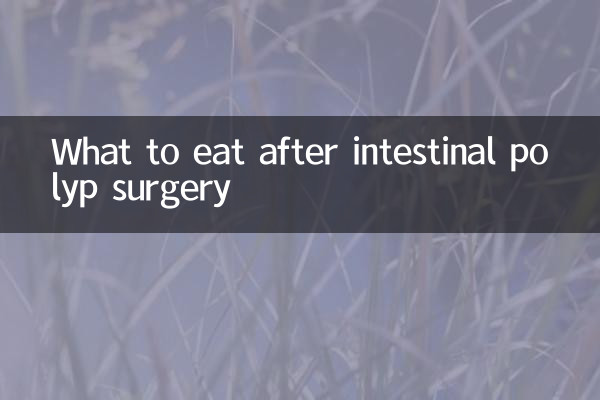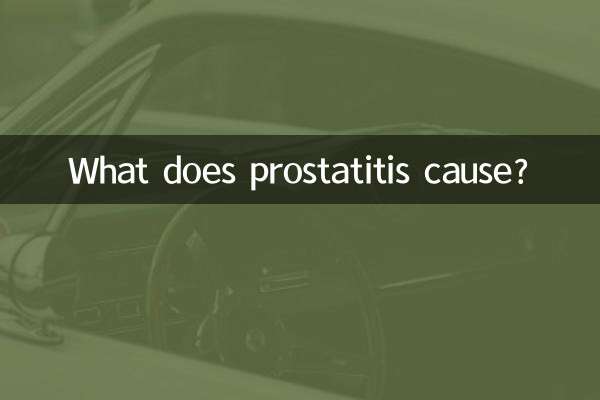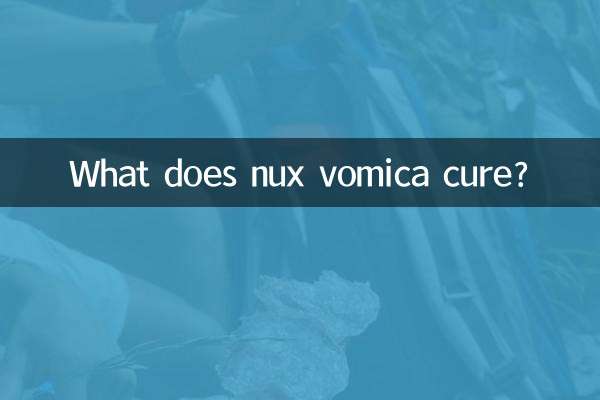What to Eat After Intestinal Polyp Surgery: Dietary Guidelines and Precautions
Intestinal polyp surgery is a common treatment, and postoperative diet is crucial to recovery. A reasonable diet can not only promote wound healing but also reduce the occurrence of complications. The following are detailed recommendations on diet after intestinal polyp surgery to help patients manage scientifically.
1. Postoperative dietary principles

1.Light and easy to digest: In the early stage after surgery, liquid or semi-liquid food should be given priority to avoid irritating the intestines.
2.High protein low fat: Protein helps with wound healing, but choose low-fat sources.
3.Eat small meals more often: Reduce intestinal burden and avoid taking in too much food at one time.
4.avoid irritating foods: Spicy, greasy, raw and cold foods may aggravate intestinal discomfort.
2. Recommendations for postoperative diet
| stage | time | Recommended food | Things to note |
|---|---|---|---|
| 1-2 days after surgery | liquid stage | Rice soup, lotus root starch, gruel, vegetable soup | Avoid gas-producing foods such as milk and soy milk |
| 3-5 days after surgery | semiliquid stage | Rotten noodles, steamed egg custard, tofu curd, fruit puree | Gradually increase the variety of foods and avoid crude fiber |
| 1 week after surgery | soft food stage | Soft rice, lean minced meat, cooked vegetables | Still need to chew slowly and avoid hard foods |
| 2 weeks after surgery | Gradually return to normal diet | Balanced diet, increase dietary fiber | Adjust your diet according to your doctor’s recommendations |
3. Recommended food list
| food category | specific food | Efficacy |
|---|---|---|
| High quality protein | Eggs, fish, chicken, tofu | Promote wound healing and enhance immunity |
| Rich in vitamins | Carrots, pumpkins, apples, bananas | Supplement nutrition and help digestion |
| Easy to digest staple food | Millet porridge, oatmeal porridge, soft rice | Provide energy and reduce intestinal burden |
4. Foods to avoid
| food category | specific food | Potential risks |
|---|---|---|
| Spicy and exciting | Chili pepper, Sichuan peppercorns, mustard | Stimulate intestinal mucosa and aggravate inflammation |
| high fat | Fatty meat, fried foods, butter | Increases digestive burden and may cause diarrhea |
| crude fiber | Celery, leeks, bamboo shoots | May rub the wound and affect healing |
| Gas-producing foods | Beans, carbonated drinks, onions | causing abdominal bloating and discomfort |
5. Frequently Asked Questions about Postoperative Diet
1.How long will it take before I can eat normally after surgery?
It usually takes about 2 weeks to gradually recover, and the specific time needs to be adjusted according to the surgical situation and the doctor's advice.
2.What to do if you have constipation after surgery?
You can increase your fluid intake appropriately, or use laxatives as directed by your doctor to avoid straining to defecate.
3.Can I drink milk after surgery?
It is not recommended in the early stage after surgery. You can try it in small amounts after the intestinal function recovers and observe whether there is any discomfort such as abdominal distension.
6. Examples of nutritious recipes
| Meals | 1-3 days after surgery | 4-7 days after surgery |
|---|---|---|
| breakfast | Rice soup + lotus root starch | Millet porridge + steamed egg custard |
| lunch | Vegetable soup + gruel | Rotten noodles + fish paste |
| dinner | Lotus root powder + juice | Pumpkin porridge + tofu curd |
7. Warm reminder
1. Postoperative diet needs to be adjusted individually. Please consult your doctor if you have any special circumstances.
2. During the recovery period, pay attention to the bowel movements and seek medical attention promptly if any abnormalities occur.
3. Pay attention to balanced nutrition in long-term diet to prevent the recurrence of polyps.
Proper postoperative diet is an important part of restoring health. We hope that the introduction in this article can help postoperative patients arrange their diet scientifically and promote early recovery. If you have any questions, please communicate with the medical team promptly.

check the details

check the details